Background
People with disabilities in Cambodia, especially in rural areas continue to face systemic barriers to accessing basic services, participating in decision-making, and benefiting from development programs. These challenges are often amplified by poverty, gender inequality, and a lack of awareness or capacity among local authorities and service providers.
To address this gap, PAfID is implementing the SPACE-ID project (Supporting People’s Action and Cooperation for Empowerment and Inclusive Development), in partnership with the ACCESS2 Program. The project supports Organizations of Persons with Disabilities (OPDs) to play a stronger role in local governance, monitoring public service delivery, and ensuring that persons with disabilities, especially women and girls, are included in development planning and social protection mechanisms.
The initiative aligns with Cambodia’s National Disability Strategic Plan and broader government efforts to promote inclusive local development. It also responds to the need for more structured and accountable OPDs that can represent their members effectively and build meaningful partnerships with local authorities.
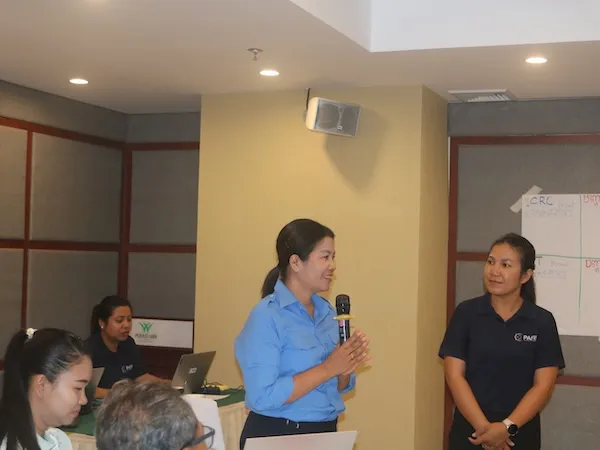
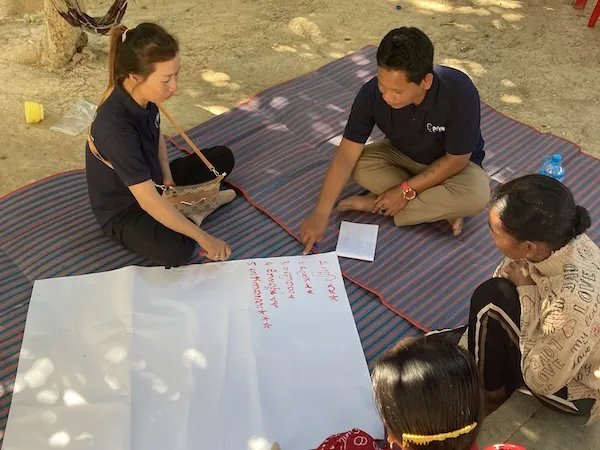
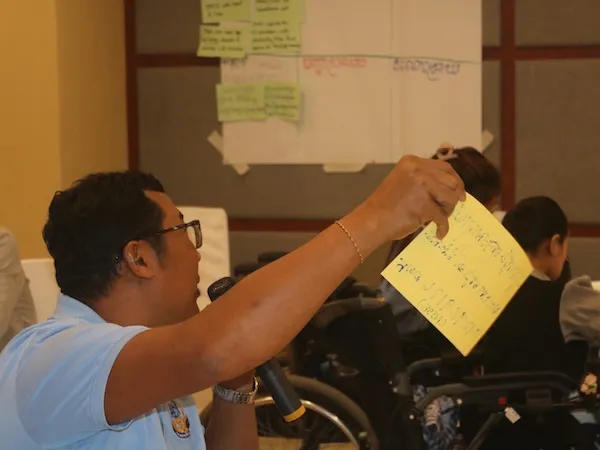
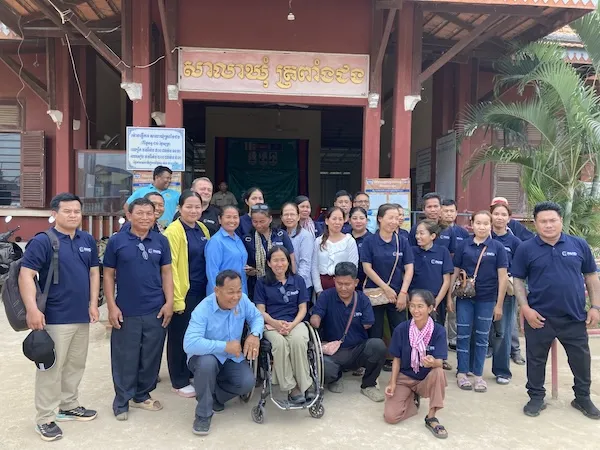
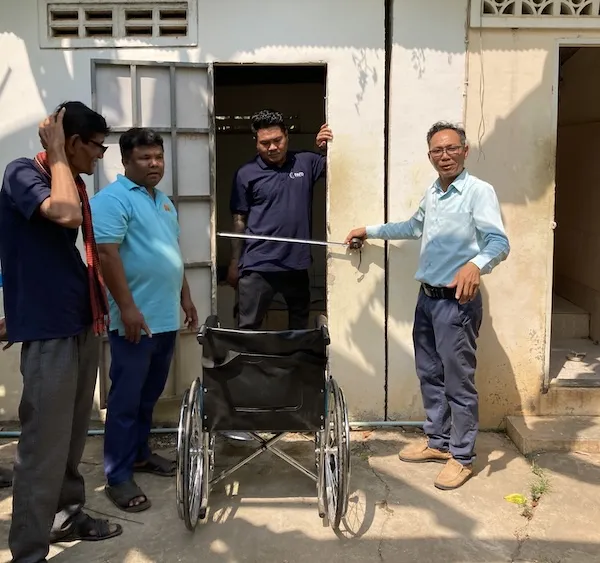
What We Did
PAfID collaborated with 4 OPDs in Kampong Cham, Kampong Speu, Siem Reap, and Battambang, supporting them to become more representative, sustainable, and effective in their advocacy and service roles. These organizations operate across 39 communes and 167 villages, where they are helping bridge the gap between persons with disabilities and public institutions.
Key activities and achievements included:
Strengthening OPDs
- Conducted Organizational Capacity Assessments and used the Disability Inclusion Score Card (DISC) to identify strengths and potential for improvement within their organizational capacity towards disability inclusion and professional practice.
- Supported OPDs to develop action plans focused on leadership, governance, financial management, and service outreach.We provided tailored capacity development to OPDs as part of our ongoing process through trainings, workshops, coaching, and sub-grants
Building Local Advocacy and Participation
- Trained 25 participants; CDRs (Commune Disability Representatives) and OPD members; on inclusive advocacy, communications, and how to engage with the Commune Investment Plan (CIP) process.
- 34 CDRs are now actively raising disability issues in commune council meetings and advocating for accessible infrastructure and inclusive budgeting.
- Disability Inclusion Promoters (DIPs) were recruited and trained on how to perform their roles and facilitate disability inclusion. They received ongoing support and coaching from PAfID and continue to deliver services / program that promote disability inclusion.
Improving Access to Services
- Reached over 1 000 people with disabilities, helping them access disability cards, vocational training, assistive devices, healthcare, mental health services, and livelihood programs.
- Linked OPDs with local authorities, schools, health centers, and referral hospitals to strengthen referral systems and outreach.
Auditing Public Spaces for Inclusion
- Conducted 15 accessibility audits of public buildings (schools, commune halls, health centers) to identify physical and informational barriers.
- Worked with commune councils to include recommended improvements in their annual investment plans.
Fostering Collaboration and Learning
- Hosted the bi- annual AIM (Activate, Inspire, Motivate) Meeting, bringing together partners to share lessons learned and best practices.
- Produced user-friendly tools, including an accessibility audit “How-To” guide and inclusive planning checklists.
- Enabled OPD leaders to represent their communities at national-level events like the International Day of Persons with Disabilities and forums led by the Ministry of Social Affairs and the Disability Action Council.
The SPACE-ID project is helping to create more responsive and accountable local systems by placing OPDs at the heart of inclusive development. Beyond improved access to services, the project is contributing to a shift in how disability is understood at the community level.
Through this work, persons with disabilities are becoming visible, active agents in shaping their communities; and OPDs are evolving into trusted actors in the local development landscape.